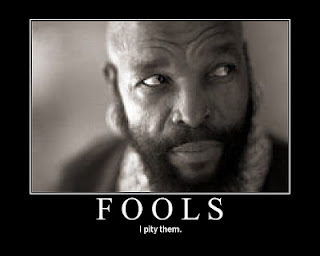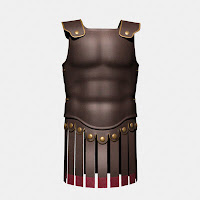Quadrilateral ethics
Again, I'm researching, reading, listening, and praying for my sermon and I came across something super interesting.
John Wesley came up with an idea of building good ethical thought in Christians (or anyone really). Here is the graphic that represents it well.
The idea is to build from the bottom up like you would build a house. For a person to find out what's right and wrong you should learn first from scripture. Read your Bible and look for teachings, lessons, principals, virtues, etc and then use them when you are thinking about what you consider right or wrong. Use it in your decisions. That's step one.
Step up two is then you look at what the church teaches. (Notice it's Bible first and then church). That's not just the local church but what writers and theologians think about a subject.
From there you look at your life experience to determine what is right and wrong.
Finally, you use your reason to determine what's right and wrong.
Hmmmm. Don't we do it the complete opposite way? We reason first. (Ends justify the means). Then we might look at experience. Most people, including Christians, would probably would not give the church too much thought. Finally, even though we act like we care, we are hard-pressed to think about anything out of the Bible in our daily ethical thinking.
That's challenging.
John Wesley came up with an idea of building good ethical thought in Christians (or anyone really). Here is the graphic that represents it well.
The idea is to build from the bottom up like you would build a house. For a person to find out what's right and wrong you should learn first from scripture. Read your Bible and look for teachings, lessons, principals, virtues, etc and then use them when you are thinking about what you consider right or wrong. Use it in your decisions. That's step one.
Step up two is then you look at what the church teaches. (Notice it's Bible first and then church). That's not just the local church but what writers and theologians think about a subject.
From there you look at your life experience to determine what is right and wrong.
Finally, you use your reason to determine what's right and wrong.
Hmmmm. Don't we do it the complete opposite way? We reason first. (Ends justify the means). Then we might look at experience. Most people, including Christians, would probably would not give the church too much thought. Finally, even though we act like we care, we are hard-pressed to think about anything out of the Bible in our daily ethical thinking.
That's challenging.







Comments